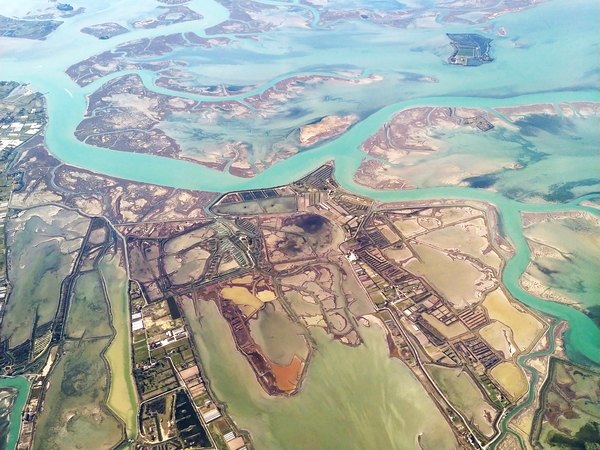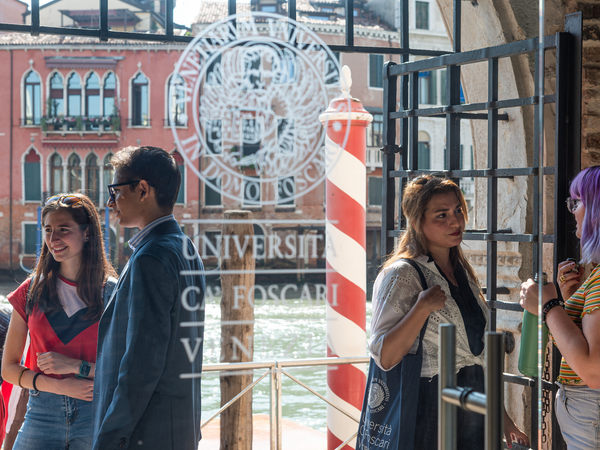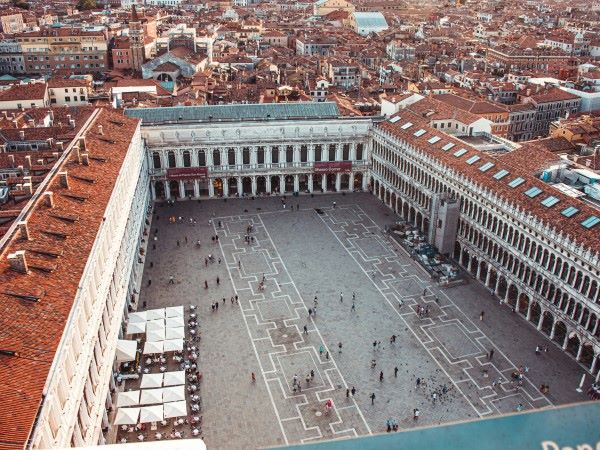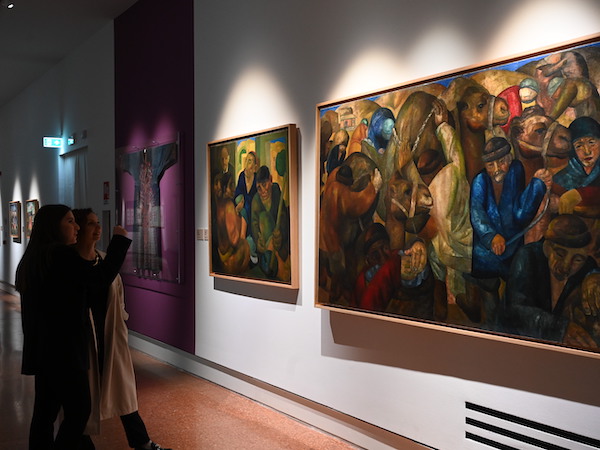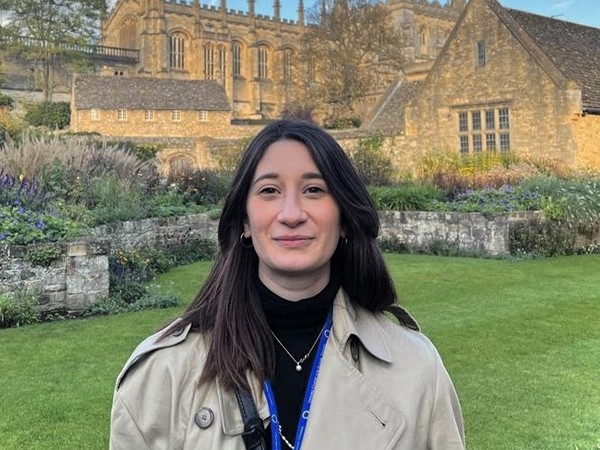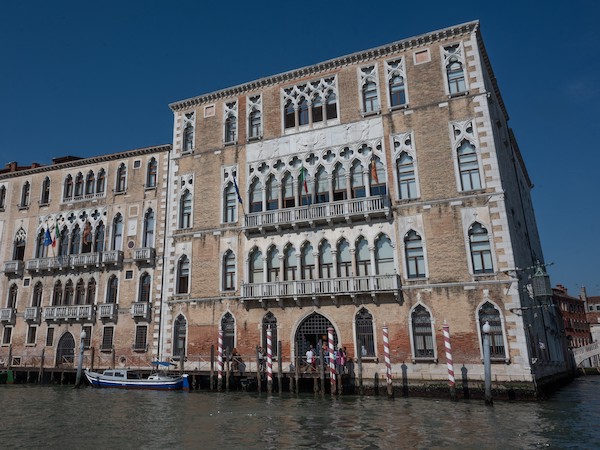As our planet continues to overheat, political solutions come slowly and international agreements cannot seem to settle on definitive solutions.
While this scenario is alarming for living beings and the environment, there is some good news: the humanities are increasingly collaborating to stimulate critical thinking and fast, creative solutions that can change cultural paradigms.
Environmental Humanities is a study area that is relatively recent and merges human sciences, social sciences and natural sciences. It is a topical research strand that is rapidly expanding and has found room to grow at Ca’ Foscari University of Venice.
Venice, a historic crossroads of civilisations, is a fragile city, subjected to the effects of global tourism and of climate change. It is thus an ideal observation point from which to examine the effects of human activity and of global warming on the dynamics of the local ecosystem in biological, cultural and social terms.
Environmental Humanities also focus on political and ethical issues, and are characterised by a marked social engagement. They promote inclusion, democracy and sustainability, and they defend the rights of socially excluded groups, as well as those of endangered fauna and ecosystems.
Lagoonscapes. The Venice Journal of Environmental Humanities is a new publication by Edizioni Ca’ Foscari as well as the first journal on Environmental Human Sciences in Italy. It is Ca’ Foscari’s most recent achievement on this front, and it attests to the university’s commitment to being a research hub for the analysis of environmental prospects from an intercultural perspective. In fact, Ca’ Foscari already hosts the New Institute Center for Environmental Humanities (NICHE, directed by Francesca Tarocco, and formerly known as the Center for the Humanities and Social Change). The Centre offers the only master’s degree in Environmental Humanities in Italy, which is coordinated by Professor Shaul Bassi and is becoming increasingly popular.
The Lagoonscapes journal is digital, open-access, international and transdisciplinary. It aspires to become a global platform for academics, artists and activities in the field of Environmental Humanities. The journal is directed by Serenella Iovino (University of North Carolina Chapel Hill) and Stefano Beggiora (Ca' Foscari, DSAAM). It is collection of the fundamental disciplines of humanities and environmental studies, and it aims to promote an interdisciplinary dialogue on contemporary and historical issues, exploring the relations between living beings and the natural world from postcolonial, feminist and activits perspectives.
The first issue of Lagoonscapes focuses on the relation between “local” knowledge and a “global” vision, from an environmental perspective. The Venetian lagoon is regarded as an observatory and a symbolic laboratory of Environmental Humanities, in which academics can create connections between different voices and visions of global theories and individual actions. In the first issue of Lagoonscapes, the voices of the postdoctoral programme in Environmental Humanities mix with those of academics, and in particular those of archaeologist and art historian Salvatore Settis and of UNESCO Secretary-General for Italy Enrico Vicenti.
The first issue will be followed by a double issue focussing on the various facets of the debate on Environmental Humanities. The first part of the double issue is edited by Stefano Beggiora and Lia Zola, while the second part — to be published in June 2022 — is edited by Deborah Nadal and Eleanor Peers. The double issue will collect the conference papers of the Humanities, Ecocriticism and Multispecies Relations conference which was held at Ca’ Foscari from 28 to 29 September 2020. It is a sort of voyage around the world and across cultures, in particular those of the indigenous peoples of Asia, Oceania, Northern Europe and the Americas.
The contributions focus on the interaction between sustainability, ecology and the environment, and in particular on ways in which indigenous peoples face ecological crises and the environmental challenges which arose between the end of the 20th century and during the 21st century. Ample space is given to the topics of environmental anthropology, a yet underexplored but increasingly topical field which examines the relationship between human beings and the environment from a non-anthropocentric perspective.
Venice is, therefore, an ideal site for the development and encounter of experts in the Humanities. Ca’ Foscari helps to shape the future generation of people working in the field of culture — intellectuals, educators, and leaders capable of imagining, describing, and educating the community to ensure a sustainable future for the Earth’s ecosystem.





